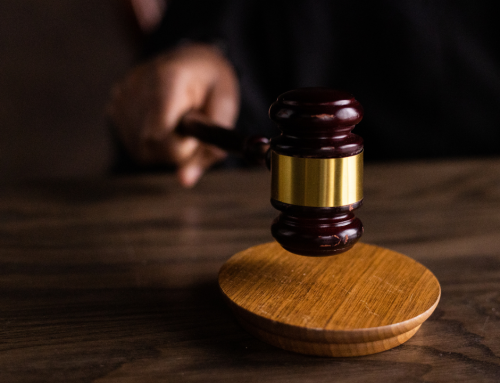In the realm of estate planning and testamentary matters, making a will is a pivotal and often complex task. It ensures the smooth transfer of assets and property after one’s passing, making it a matter of great importance. However, in the intricate world of will-making, there are several pitfalls that individuals should strive to avoid to ensure their final wishes are upheld in accordance with the current law. In this blog post, we will explore some key aspects that individuals should steer clear of when crafting their wills.
1. Procrastination:
One of the gravest mistakes people make is delaying the creation of their wills. This is particularly important because intestacy laws can come into play when a person dies without a will. Intestacy laws dictate how assets are distributed, and this may not align with your true wishes. To prevent this, it is essential to create a will promptly, ensuring that your intentions are clearly documented. Sadly, we see the unintended consequences of this more often than we would like. Don’t let your inheritance be subject to the draconian laws of intestacy. Make it your choice.
2. DIY Wills:
While the internet offers a plethora of “Do-It-Yourself” will-making kits and templates, relying on them may lead to complications and legal issues. The law is very specific about the formalities required for a valid will. Therefore, it is advisable to consult a will-writer who specializes in wills and probate to ensure that your will complies with all legal requirements. At The Will Centre, Wills, Powers of Attorney and Probate is all we do so get in touch.
3. Ignoring Updates:
Life is dynamic, and so are your circumstances. Major life events such as marriages, divorces, births, or deaths in the family should prompt you to revisit and update your will. Failing to do so can lead to unintended consequences and disputes among beneficiaries. Make it your choice; not the law’s choice.
4. Failing to Appoint an Executor:
An executor is responsible for administering your estate according to your will. This is a vital role, and selecting a competent and trustworthy individual is crucial. Ensure that the person you choose is willing and capable of fulfilling this responsibility. Failure to appoint an executor can lead to confusion and delays in the distribution of assets. We can offer them advice if needed.
5. Not Specifying Digital Assets:
In today’s digital age, it’s essential to consider your digital assets, such as online accounts, email, and social media profiles. The law is increasingly addressing these issues, so it’s important to include clear instructions regarding how you want these assets to be handled in your will. Neglecting this aspect can cause difficulties for your loved ones.
6. Unintended Disinheritance:
One common error in will-making is unintentionally disinheriting a family member. For example, if your will does not reflect your current family structure or if you do not make adequate provisions for dependents, disputes and legal challenges may arise. It is essential to consult a legal expert to ensure that your will is fair and just.
7. Neglecting Charitable Donations:
If you have charitable inclinations, don’t forget to include them in your will. Under our tax laws, charitable bequests can offer potential tax benefits while supporting causes that are important to you. Overlooking these provisions can be a missed opportunity.
8. Lack of Witnesses:
For a will to be valid, it must be witnessed by two individuals who are not beneficiaries or their spouse/civil partner. Failure to comply with this requirement can render your will null and void. Make sure that your will is executed in accordance with this stipulation. We can also suggest a few others to avoid as witnesses to avoid any potential problems.
9. Failing to Be Clear and Specific:
Ambiguity in your will can lead to disputes among beneficiaries. Be as clear and specific as possible when outlining your wishes. Avoid vague language or general statements that could be open to interpretation.
10. Neglecting Legal Advice:
Last but certainly not least, it is unwise to create a will without seeking legal advice from a person with expertise in wills and probate. Professional guidance ensures that your will conforms to the latest laws and regulations, reducing the likelihood of errors and disputes.
In conclusion, making a will is a matter of great significance, and there are several pitfalls that individuals should avoid. To ensure that your final wishes are executed as intended and in accordance with the current law, it is essential to be proactive, seek legal advice, and review and update your will as needed. By avoiding these common pitfalls, you can protect your loved ones and assets while ensuring your legacy is preserved as you desire.






